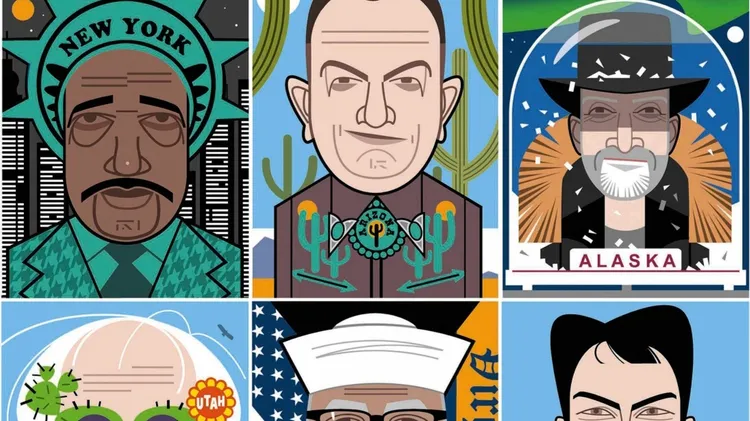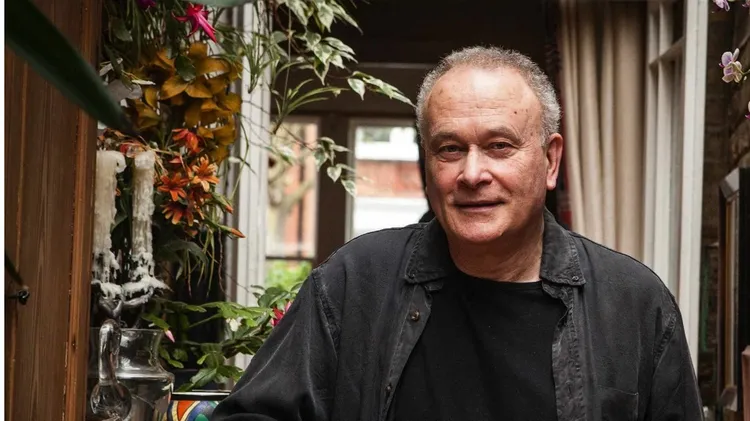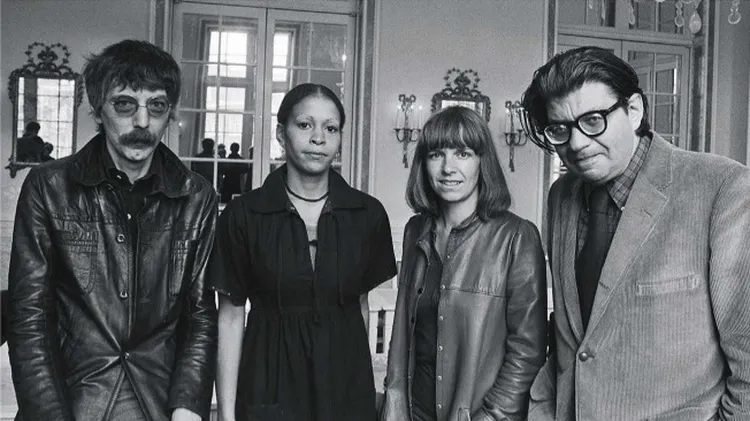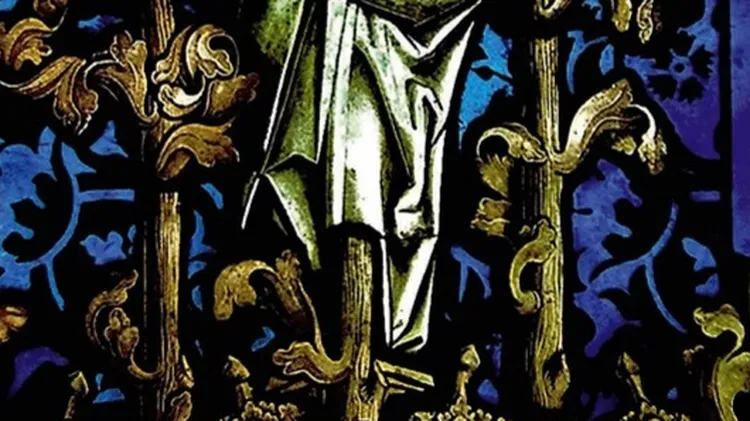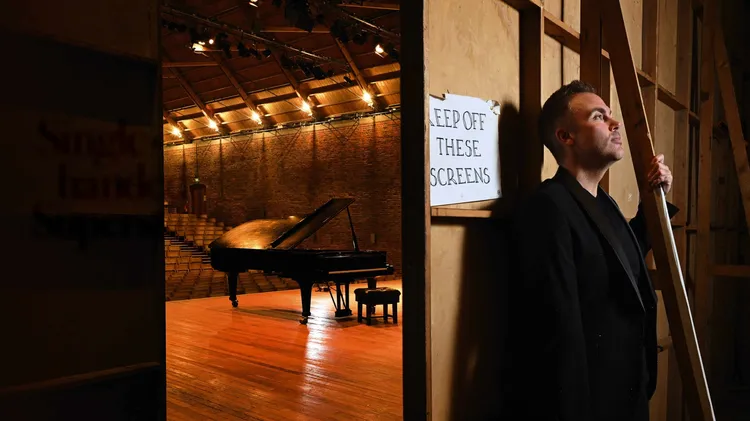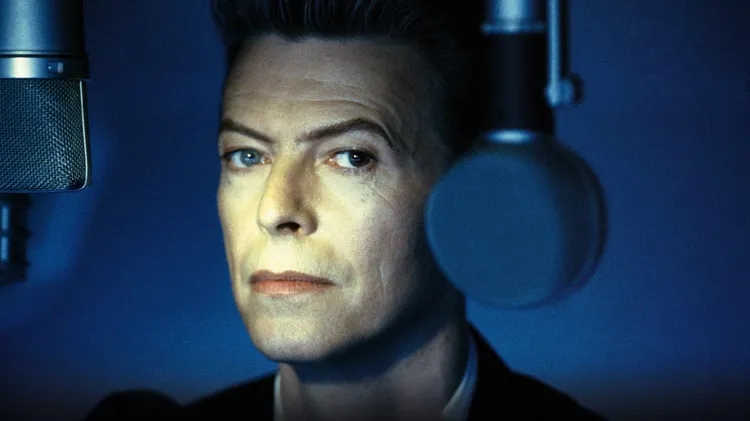Award-winning American composer Brian Field studied at Juilliard with Milton Babbi
Brian field
3 min read
This article is from...
Read this article and 8000+ more magazines and newspapers on Readly

